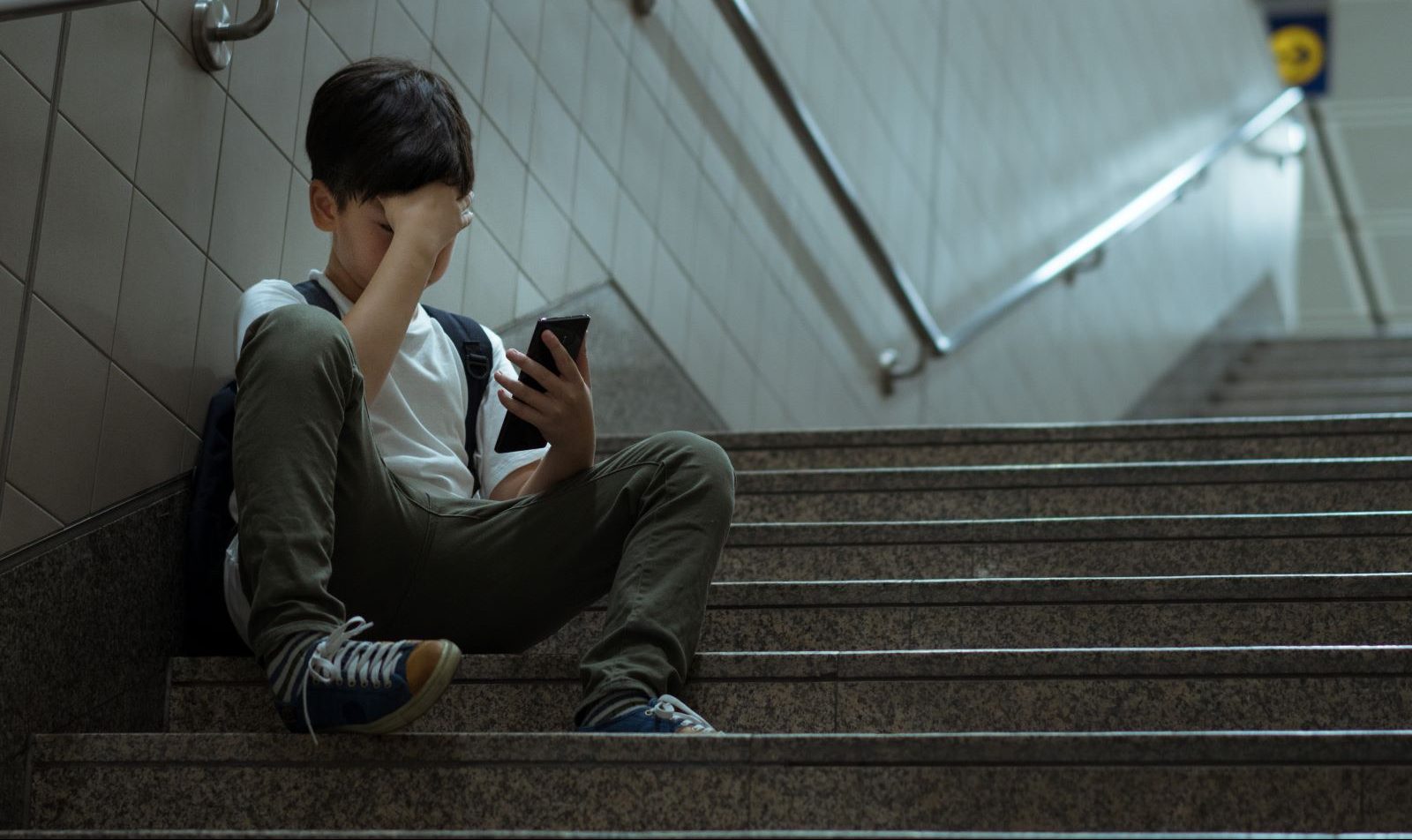A recent National Institute of Health-funded study of more than 10,000 adolescents found that nine percent of the young adolescents (average age 12) reported being a target of cyberbullying. Fewer than one percent reported perpetrating cyberbullying, but most of those who did said they were also victims of cyberbullying. Female and Black participants were more likely to be bullied online.
The participants who experienced cyberbullying were more than four times as likely to report thoughts of suicide and attempts as those who didn’t. This association diminished but remained significant when the researchers adjusted for other factors known to affect thoughts of suicide and attempts, including family conflict, racial discrimination, parental monitoring and being supported at school.
“Social gaming and social media in large part replaced in person social contact during the pandemic for children and teens,” said Paul Weigle, MD, associate medical director for ambulatory services, a board certified child & adolescent psychiatrist who cares for youth at Natchaug Hospital’s Joshua Center in Mansfield. He is chair of the American Academy of Child & Adolescent Psychiatry’s Media Committee.
“So it’s not surprising that these rates have risen concurrently. We see at the same time an increase in adolescent depression and suicidal ideation. The question is, is there causality from social media use, to cyberbullying, to thoughts of suicide? Clinically, I frequently see young people in whom online bullying triggers depression and suicidal thoughts.”
Children can find themselves trapped in vicious cycles, Weigle said, in which their reliance on social media as community can deepen their depression and lead to even more cyberbullying. That depression can cause them to stay online and scroll other’s posts excessively, but interact less, which creates negative social comparison, “Fear of Missing Out” and more isolation.
Weigle favors physicians screening for cyberbullying during well check-ups, but he said parents should not be afraid to be involved.
“Parents need to be curious but not judgmental,” he said. “Often the child will be afraid the parents will take away the device if they open up about their social media experiences, so parents can assure them that won’t happen in order to get honest responses.”
Typically parents don’t find out their child is in crisis mentally or emotionally until a peer alerts them to a social media post the child made that explains their feelings.
Setting up usage rules in the household – especially for younger children – is a good start, he said. These can include hours of usage, not having devices in their bedrooms and setting up parental controls to block some types of content and restrict use to certain times of day.
Look for the following clues to a child possibly being cyber bullied or feeling depressed or suicidal, he said:
- Withdrawing from social contact with friends or family.
- Changes in sleep.
- Changes in eating.
- Academic decline.
“Ask. Are you being bullied? Are you having thoughts of suicide?” he said.
“Effective treatment is available.”



